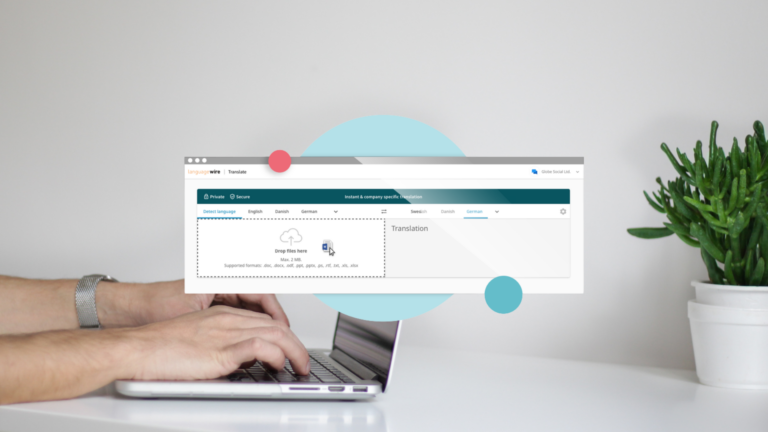There are different types of assessment. A student assesses their own learning and language skills based on the feedback given by other students and the teacher. Small mid-course tests and then a final exam direct the student’s learning and reveal to the student what they have already learned and what needs more practice. The teacher assesses the students constantly and through this the teacher gains valuable information on what the students have already learned and what they still need to work on.
The purpose of assessment is to support learning, and it should be present in every class. This means that assessment is not the end goal of the learning process but an important part of the learning and teaching process. The basis for all assessment is the vision of what is being assessed and what kinds of conclusions the results are aimed at.
What is CEFR?
When assessing language skills, Delingua follows the proficiency scale in the Common European Framework of Reference for Languages. The CEFR is a common European framework on learning, teaching and assessing languages, which was developed by the Council of Europe. It defines and describes the six proficiency levels of language skills, from basic user to proficient user on a scale of A1 to C2. The framework works both as a self-assessment tool for students and as a common basis for all European countries when planning language syllabuses, learning materials and teaching.
Language skills are made up of different areas: understanding spoken language, speaking, understanding written text and writing. Language is produced by speaking or writing. When reading or discussing with others, one needs the skills of understanding text and speech. To support both the skills for producing and understanding language, the language learner needs both grammatical and lexical knowledge.
All areas of language skills are equal and as important, and they should be assessed equally. It is also important to remember that even though the teacher has various assessment tools, they still need to create their own method of assessment. If the teacher’s hands are tied, assessment will not work in the intended way.
An A+ performance
The ability to use language in the way that fits the situation — and through that to reach the goals one has set for oneself — is an important part of language skills. Students may have different goals, ranging from knowing how to small talk in a different language to understanding professional vocabulary. Assessment supports the student in creating and reaching these goals.
First and foremost, language is a means to communicate, and the simplest way to measure how successful the communication has been is to see if the message has been understood in the way the user meant it. In this sense, it does not matter whether all the i’s are dotted and t’s are crossed or whether the verbs are used in the right tense. At its best, assessment supports learning when the student gets
feedback based on it. The purpose of supporting assessment for learning is to show the quality and strengths of language skills, not the quantity or deficiencies.
A good assessment is encouraging, diverse and trustworthy. The authenticity of the assessment tasks also needs to be taken into account, that is, whether one needs to use language in real life to perform the task. It is also important that the person doing the assessment collects knowledge about the student for the assessment. The assessment needs to be based on a demonstration of diverse competence and on different types of learning situations. It is as important to collect knowledge as it is for the teacher to think ahead to how the student will take the feedback. Good feedback encourages the student to push forward.
Do you need help with improving your language skills? Learn more about our language training services or contact us and we will tailor a training package just for you.






